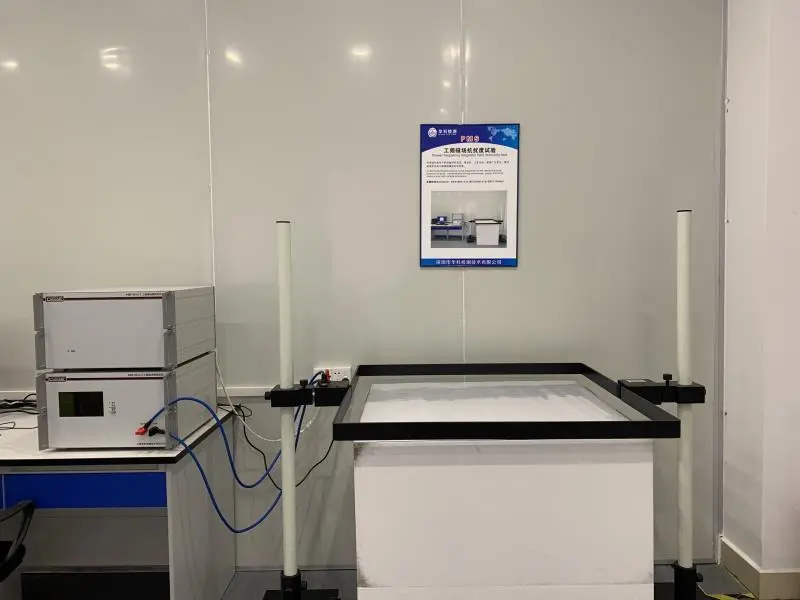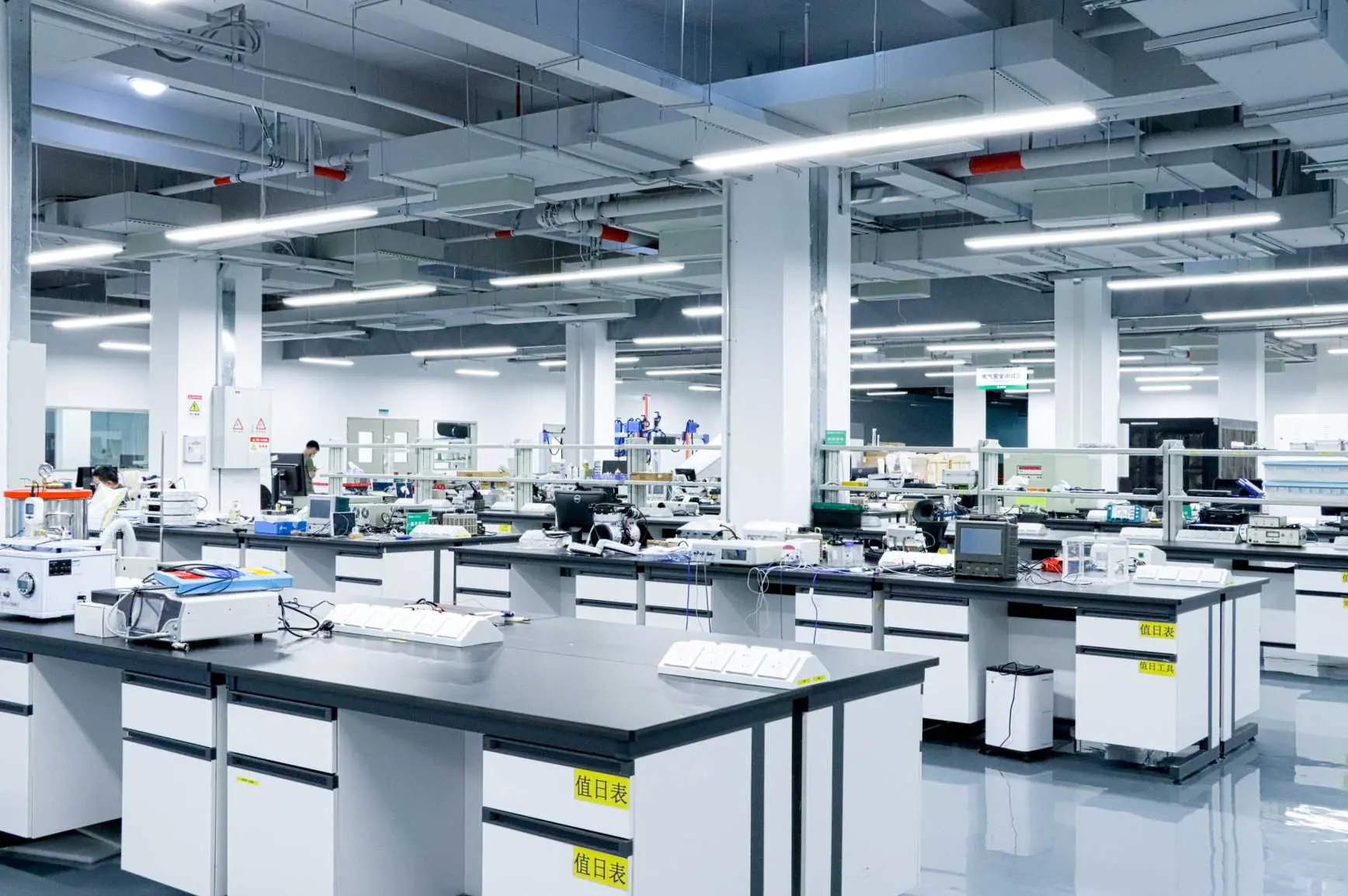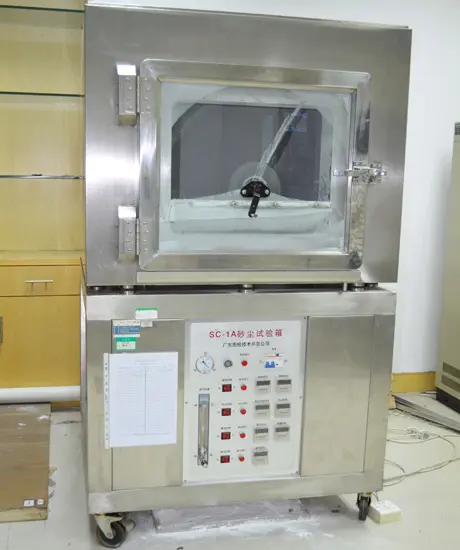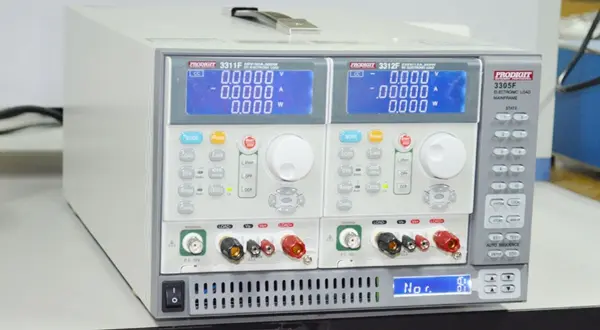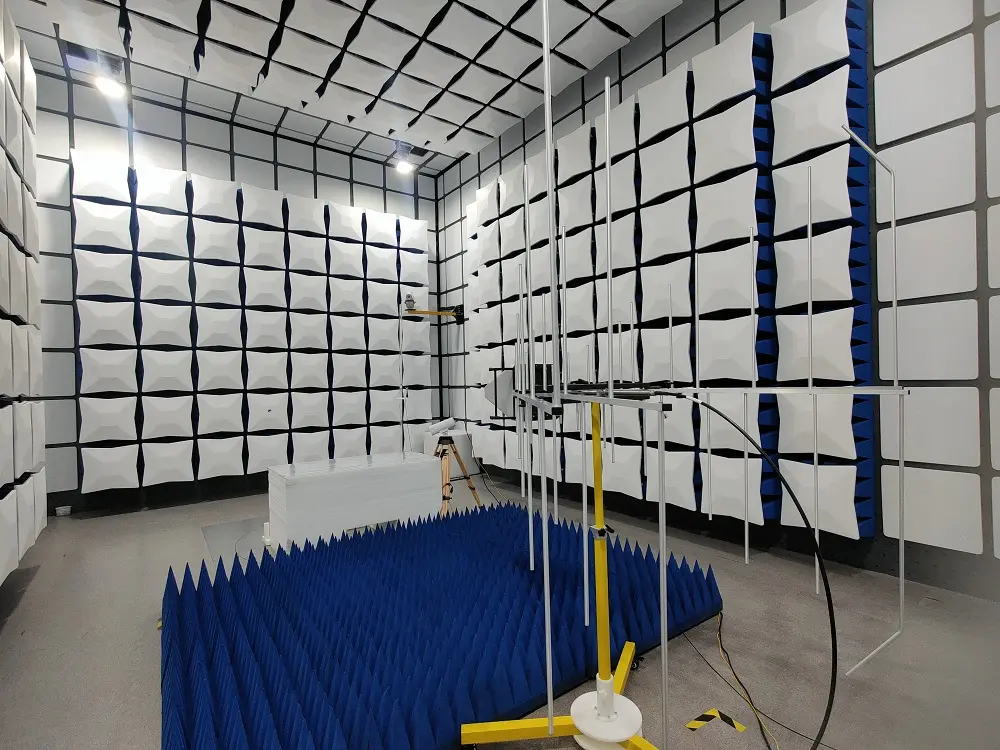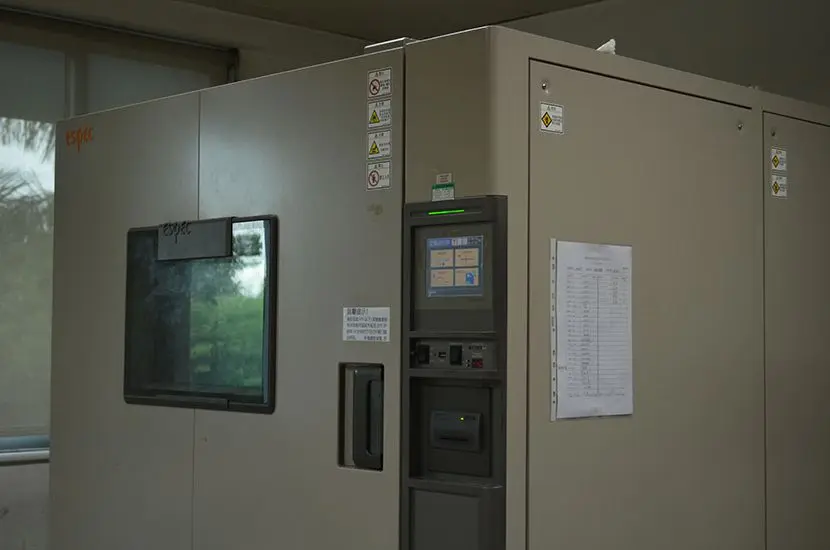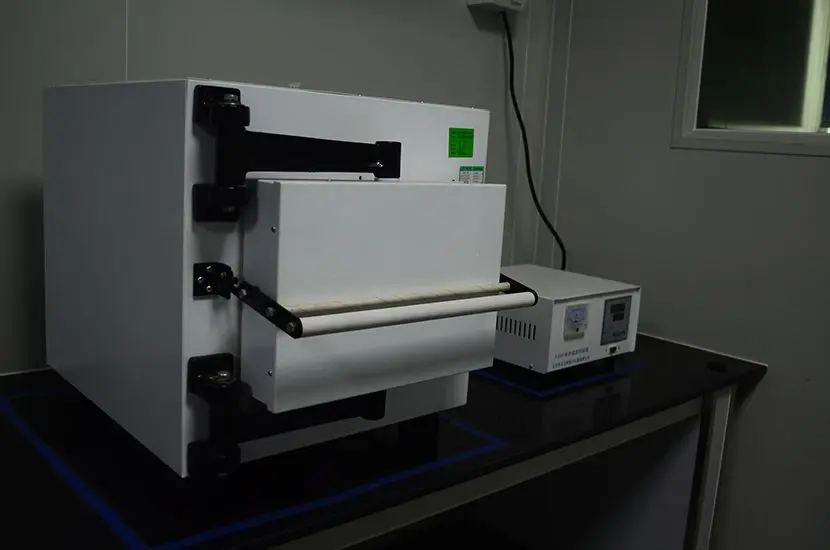Korea KC Certification
What is South Korea kc certification?
South Korea's KC certification mainly targets electronic and electrical products, daily necessities, and children's products. According to the South Korean Electrical Appliances and Daily Necessities Safety Management Law, electrical products produced or sold in the South Korean market (manufactured domestically in South Korea) or imported into South Korea must apply for and obtain relevant safety certification from certification bodies before shipment or customs clearance, depending on the model.
Introduction to South Korea KC Certification:
1. Mandatory Safety Certification
2. Voluntary Safety Confirmation, valid for 5 years
3. Supplier Self-confirmation, no certificate required, confirmation letter valid indefinitely
Factory Inspection Requirements: Mandatory safety certification requires initial factory inspection and annual audits
Certificate Holder Requirements: Mandatory safety certification must be held by the factory, while the other two types of certifications can be held by factories/manufacturers/importers.
South Korea KC Certification mainly includes "KC Safety" and "KC EMC":
KC Safety:
Under the new "Electrical Appliance Safety Management Law," KC Safety certification is divided into three categories based on the product's hazard level:
- KC Safety Certification: Initial factory testing and subsequent biennial follow-up inspections are required. Typical products include adapters, lamps, and most household electrical appliances. KC Safety certification does not have a fixed validity period; the certificate remains valid as long as regular factory inspections are conducted and standards remain unchanged.
- KC Safety Confirmation: No factory inspection is required. Typical products include monitors, air purifiers, etc. KC Safety Confirmation does not have a fixed validity period.
- KC Self-declaration: Similar to manufacturer self-declaration. Registration of relevant information on the official certification platform is required.
KC EMC and RF Certification:
In the field of electromagnetic compatibility, under the emc certification system for radio communication equipment compliance assessment, it is divided into:
1. Electromagnetic Compatibility ComplianCE certification
2. Compliance Registration
3. Temporary Certification
Which Products Require KC Certification?
Consumer Goods:
Consumer goods that may pose health or safety hazards to consumers or environmental pollution risks must apply for KC certification (KC mark) if their use or characteristics fall into this category.
Examples of products requiring South Korea KC certification include:
- Household appliances (such as refrigerators, dishwashers)
- Audiovisual equipment
- Scales
- Fire extinguishers
- Eyeglass frames
- Electric fans
- Tents
- Motorcycle helmets
- Fluorescent safety vests
In the automotive/parts consumer goods field, the following product categories require the application of the KC mark:
- Brake hoses (FMVSS 106)
- Seat belts (UNECE Resolution No. 16)
- Front headlights (UNECE Resolutions No. 98, 112, 128)
- Reflectors (UNECO Resolution No. 3)
- Rear impact protection devices (UNECE Resolution No. 58)
- Brake pads (UNECE Resolution No. 90)
- Hubs (UNECE Resolution No. 124)
- Safety glass (UNECE Resolution No. 43)
- Rear license plates for heavy and oversized vehicles (UNECE Resolution No. 70)
- Reflective tape (UNECE Resolution No. 70)
- Triangle warning signs (UNECE Resolution No. 27)
- License plates for heavy and slow-moving vehicles (UNECE Resolution No. 69)
The most important documents in South Korea KC certification are the "South Korean Motor Vehicle Management Law" and "South Korean Motor Vehicle Safety Standards" (KMVSS). The "Motor Vehicle Management Law" involves registration of different types of vehicles and related safety standards and general information about self-certification. The "South Korean Motor Vehicle Safety Standards" list the technical characteristics of vehicles and applicable safety standards.
Children's Products:
Many products designed for or used by children under 13 fall into this category. According to the special regulations of the 2015 Special Children's Product Safety Law, many products have required KC certification since 2015.
These products include:
- Toys
- Children's and infant textiles
- Child seats
- Learning materials
- Children's bicycles
Most products require at least one KC safety inspection (product testing, but no factory audit required). Products with safety as a key design standard typically require mandatory kc mark certification, including factory audits. For example, child safety seats. Children's textiles typically only require a supplier's certificate of compliance.
Submission Materials for KC Certification:
1. Application for Electrical Appliance Safety Certification (mandatory)
2. Application and Declaration for Electrical Appliance Voluntary Safety Confirmation (voluntary)
3. Catalog of components directly affecting safety
4. Electrical circuit diagram
5. Detailed specifications for transformers (for relevant products)
6. Catalog of insulation materials (temperature, pressure resistance characteristics, flame resistance rating, etc.)
7. Product manual (including Korean product manual)
8. Label (Marking Label)
9. Agent authorization documents (mandatory; required for agents; voluntary; required when applying for an agent)
10. Questionnaire (QUESTIONAIRE) (for mandatory certification only)
Points to Note for KC Certification:
1. Pay special attention to consistency when using cb certification and report applications: consistency of applicants, product names and models, corresponding testing standards meeting the version of the KC standard, etc., and they must be valid within 3 years.
2. South Korean voltage and frequency: Single-phase 110V, 220V~, three-phase 220V, 380V, 60Hz or 50/60Hz. (Not applicable: 230V 50Hz or 220V 50Hz).
3. Products must comply with South Korean regulatory requirements for corresponding plug and power cord usage.
4. Other applicable requirements.
How much does KC certification cost?
1. The initial application fee for KC certification for component products includes: safety testing fee (depending on the product), certificate fee + service fee = 110,000 Korean won, factory inspection fee = 700,000 Korean won.
2. Periodic fees for KC certification (annual certificate fee) include: factory inspection fee = $650 (once a year), product sampling fee (depending on the product, twice every 3 years).
3. KC certification change application fee (e.g., change of factory address, additional derivative models): reissuance fee = 70,000 Korean won.
Issues with KC Certification:
For the same product (same model), can KC Safety and KCC/emc certificates be applied for separately by factories or importers? Must the applicants for KC Safety and KCC/EMC certificates remain consistent? What are the implications for customs clearance of products at a later stage?
Response from South Korean Authorities:
For the same product, KC Safety and KCC/EMC certificates can be held separately by factories or importers, and the holders of both certificates can be different. For example, the safety kc certificate can be held by the factory as the applicant, while the KCC/EMC certificate can be held by a South Korean importer, or the safety KC certificate can be held by the importer, and the KCC/EMC certificate can be held by the factory. However, in the case of the importer holding the certificate, the certificate can only be used by that importer. If the factory needs to add a new importer later, a new safety KC or KCC/EMC certificate held by that new importer must be added. However, it should be noted that when both certificates are applied for by the same South Korean importer, they must remain consistent. If the applicant
for the safety KC certificate is importer A, and the applicant for the KCC/EMC certificate also needs to reflect the importer, it can only be importer A, not importer B.





